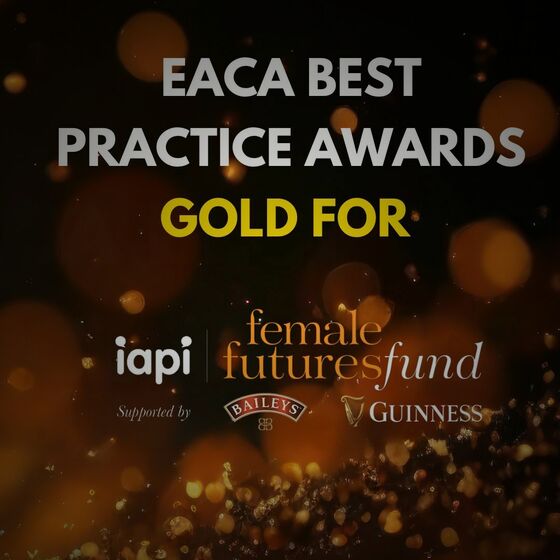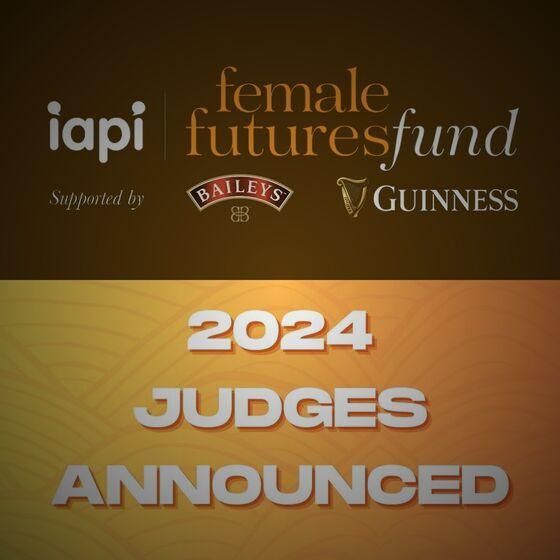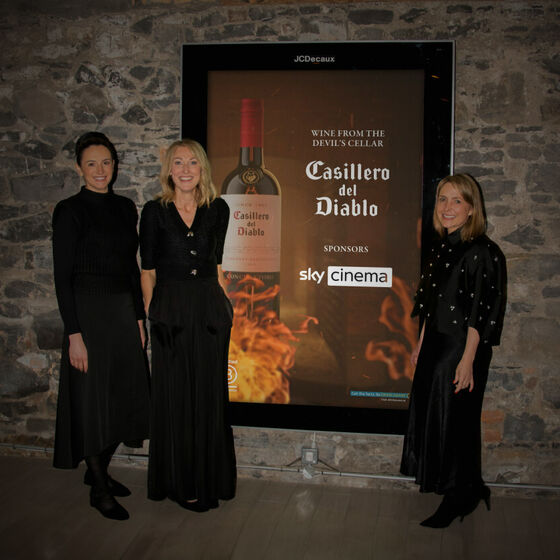The current rules regarding lottery licence applications are set out in the Gaming and Lotteries Act 1956. Under this Act, lotteries are unlawful unless you obtain a lottery licence. To obtain a licence, you have to meet certain criteria, one of which is that that the lottery shall be for some charitable or philanthropic purpose. For the last number of years, agencies were teaming up with charities so that the charities obtained the licence, the agencies made a donation to the charity to meet this criteria and the agencies then ran the lottery on behalf of the charity.
A Bill has been published amending the 1956 Act. These amendments include the following:
- You cannot promote a lottery unless you hold the licence or are the employee or agent of the licence holder. In order to continue the current regime whereby the charity obtains the licence, you would have to demonstrate that you are an agent of the charity. The position in this regard is unclear and as there are separate provisions in the Act dealing with marketing promotions, it is unlikely that a Court would find that you are an agent of the charity.
- There is a new provision that deals with marketing promotions. As currently drafted, a licence is not needed where a lottery is held in conjunction with the selling or marketing of a particular product. However, there is a requirement that there is no charge for taking part in the lottery other than the purchase of the product (this could be problematic for, for example, promotions where you have to phone or text in, as there would technically be a charge). There is also a requirement that the total value of the prizes is not more than €2,500. It may be that the intention of the legislation is not to prohibit lotteries being held with a prize pool of over €2,500, but that you would have to apply for a licence for these larger lotteries. However, this is unclear and at present it appears that you would be precluded from running lotteries if the prize pool is greater than €2,500.
- If you are applying for a licence, you have to make the application at least 60 days before you start promoting the lottery. This would require a lot more advance planning to give sufficient time to apply for a licence where required.
As an alternative to applying for a licence, you could consider applying for a permit. This involves an application being made to An Garda Síochána, as opposed to Court. This is not used very often at present as you can only apply for a permit for a lotteries, as opposed to periodical lotteries. If the upper limit of the prize pool is not increased above €2,500, you could look at the amended rules regarding permits which appear to allow for periodical licences. However, the total value of the prizes distributed under a permit are required to be less than €5,000 and there are a number of other criteria that would have to be complied with.
If the Bill is implemented as draft, it would obviously present serious issues for the operation of promotional lotteries in the future.
The APMC are currently considering how they might address the proposed amendments on behalf of their members and in looking at next steps they thought it pertinent to reach out to IAPI and AAI members.
- Is the above something you are aware of?
- Has it been flagged with you?
- Will it affect your agency and it's operations?
It may be appropriate for the APMC or a grouping of the APMC and other industry bodies to lobby for the prize amount to be increased or to raise other queries as part of the lobbying process. If you foresee any issues and would like to make suggestions, please email them to charley@iapi.com and/or valerie@verve.ie.
Valerie Melinn, Client Services Director, Verve (Chair of the APMC)









